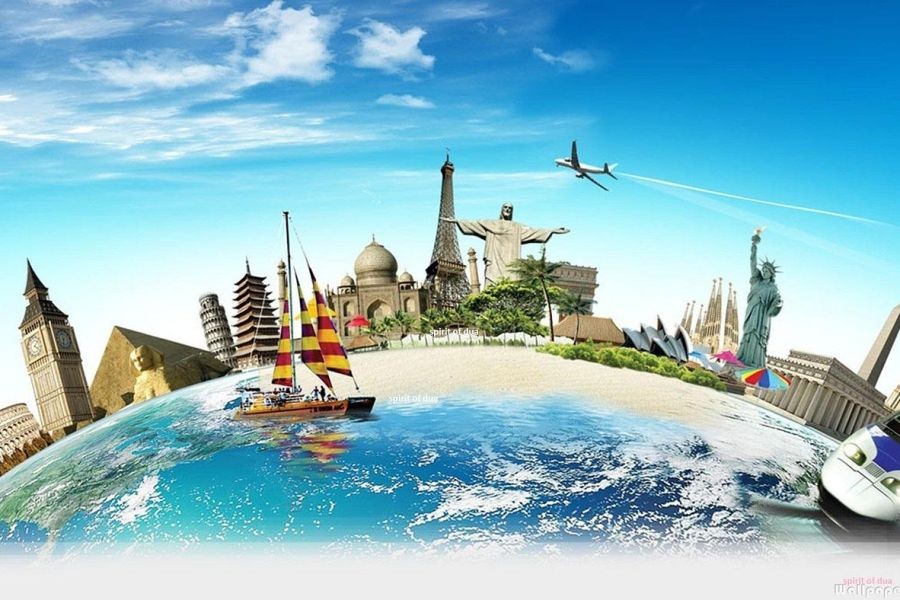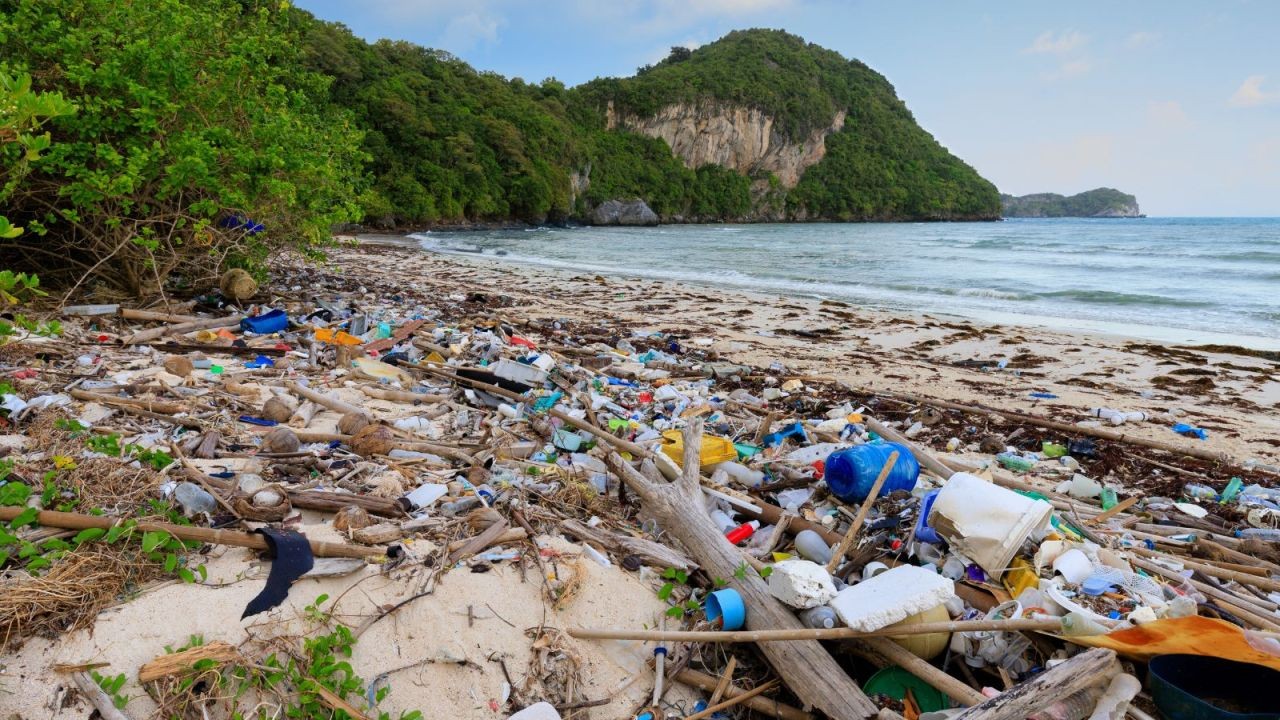Introduction
New Zealand's tourism industry is at a crossroads. As one of the most picturesque countries in the world, it attracts millions of visitors each year. Yet, the environmental impact of tourism is a growing concern. With a focus on sustainability, New Zealand is setting an example for the world by integrating eco-friendly practices into its tourism sector. According to the Ministry of Business, Innovation and Employment (MBIE), sustainable tourism is not just a trend but a necessity, directly impacting the country's economic and environmental health. But how are these sustainable practices being implemented, and what can we learn from them?
Transforming Tourism: Sustainable Practices in Action
Community-Centric Approaches
New Zealand's tourism strategies increasingly prioritize community involvement. One standout example is the Kaikoura community, which has adopted a regenerative tourism model. Post the 2016 earthquake, Kaikoura's recovery plan included sustainable tourism initiatives that emphasize environmental conservation and community welfare. By involving local iwi (Māori tribes) and businesses, the region not only restored its natural beauty but also boosted its economy by enhancing eco-tourism experiences.
Eco-Certification and Green Standards
The introduction of eco-certifications, like Qualmark's Enviro Awards, is another step toward sustainable tourism. These certifications verify that businesses meet stringent environmental standards. For instance, Zealandia, a wildlife sanctuary in Wellington, achieved a Gold Qualmark Eco-Certification for its conservation efforts and sustainable visitor practices. Such certifications incentivize businesses to adopt green practices, thereby improving their marketability and appeal to environmentally conscious tourists.
Case Study: Rotorua’s Sustainable Tourism Transformation
Rotorua, known for its geothermal wonders, faced challenges due to environmental degradation caused by tourism. To combat this, Rotorua Lakes Council launched the "Rotorua Sustainable Charter," aiming to balance tourism growth with environmental sustainability.
Problem: Rotorua struggled with water pollution and ecosystem damage due to increased tourist footfall, threatening both the environment and local livelihoods.
Action: The council implemented stringent waste management systems and collaborated with local Māori enterprises to promote cultural tourism. Educational campaigns were launched to encourage responsible tourist behavior.
Result: Within three years, water quality in Rotorua's lakes improved significantly, and tourist satisfaction rates increased by 25%. The initiative also fostered stronger community ties and cultural appreciation.
Takeaway: Rotorua's success underscores the importance of integrating cultural elements into sustainable tourism, offering a replicable model for other regions.
Industry Insights: Challenges and Opportunities
While New Zealand is making significant strides, challenges remain. A Stats NZ report highlights that only 30% of tourism businesses have adopted comprehensive sustainability plans. This gap presents both a challenge and an opportunity for the industry. Management consultants can play a pivotal role in guiding businesses through this transition, ensuring that sustainable practices are not only adopted but embedded into the core business strategy.
Pros and Cons of Sustainable Tourism
✅ Pros:
- Long-term Viability: Sustainable practices ensure the preservation of natural resources, securing the industry's future.
- Economic Benefits: eco-tourism attracts high-value visitors willing to pay a premium for authentic experiences.
- Community Engagement: Involving local communities fosters social cohesion and cultural preservation.
❌ Cons:
- Initial Investment: Transitioning to sustainable practices can be costly and resource-intensive.
- Compliance Complexities: Meeting various environmental standards can be challenging, especially for smaller operators.
- Visitor Turnover: Implementing strict environmental guidelines may deter some tourists, impacting short-term visitor numbers.
Debunking Myths: Common Misconceptions in Sustainable Tourism
Myth: "Sustainability means sacrificing profit margins."
Reality: Sustainable tourism can drive profitability through increased market appeal and operational efficiencies. According to a Deloitte report, businesses adopting green practices often experience cost reductions and higher customer loyalty.
Myth: "Sustainable tourism only benefits the environment."
Reality: While environmental benefits are significant, sustainable tourism also enhances cultural preservation and community welfare, creating a holistic positive impact.
Future Trends: What's Next for Sustainable Tourism in New Zealand?
Looking forward, digital innovation will play a key role in sustainable tourism. Artificial Intelligence (AI) and Internet of Things (IoT) technologies can optimize resource management and enhance visitor experiences. By 2026, it's predicted that AI-driven solutions will be integral to 40% of tourism operations, according to a NZTech report. This presents an exciting opportunity for New Zealand to lead in tech-enabled sustainable tourism.
Conclusion
New Zealand's commitment to sustainable tourism demonstrates that protecting the environment and promoting cultural heritage can go hand-in-hand with economic growth. For businesses, adopting sustainable practices is not just a moral imperative but a strategic advantage. As New Zealand continues to innovate and lead in this space, the global tourism industry will undoubtedly look to it as a model of sustainability.
What are your thoughts on sustainable tourism? How can other countries learn from New Zealand's approach? Share your insights below!
People Also Ask
- How does sustainable tourism impact New Zealand's economy? Sustainable tourism contributes to economic resilience by attracting high-value visitors and fostering local business growth, according to MBIE.
- What are some successful sustainable tourism practices in New Zealand? Community-centric approaches, eco-certifications, and digital innovations are key strategies driving New Zealand's sustainable tourism success.
- How can businesses transition to sustainable tourism? Start by adopting eco-certifications, engaging local communities, and leveraging digital tools for resource optimization.
Related Search Queries
- Sustainable tourism in New Zealand
- New Zealand eco-tourism initiatives
- Environmental impact of tourism in NZ
- Community-based tourism in New Zealand
- Rotorua sustainable tourism case study
- Green certifications for NZ tourism
- Future of tourism in New Zealand
- Challenges in sustainable tourism
- New Zealand tourism policies
- Environmental conservation in NZ tourism
































Himanshu Jain
9 months ago